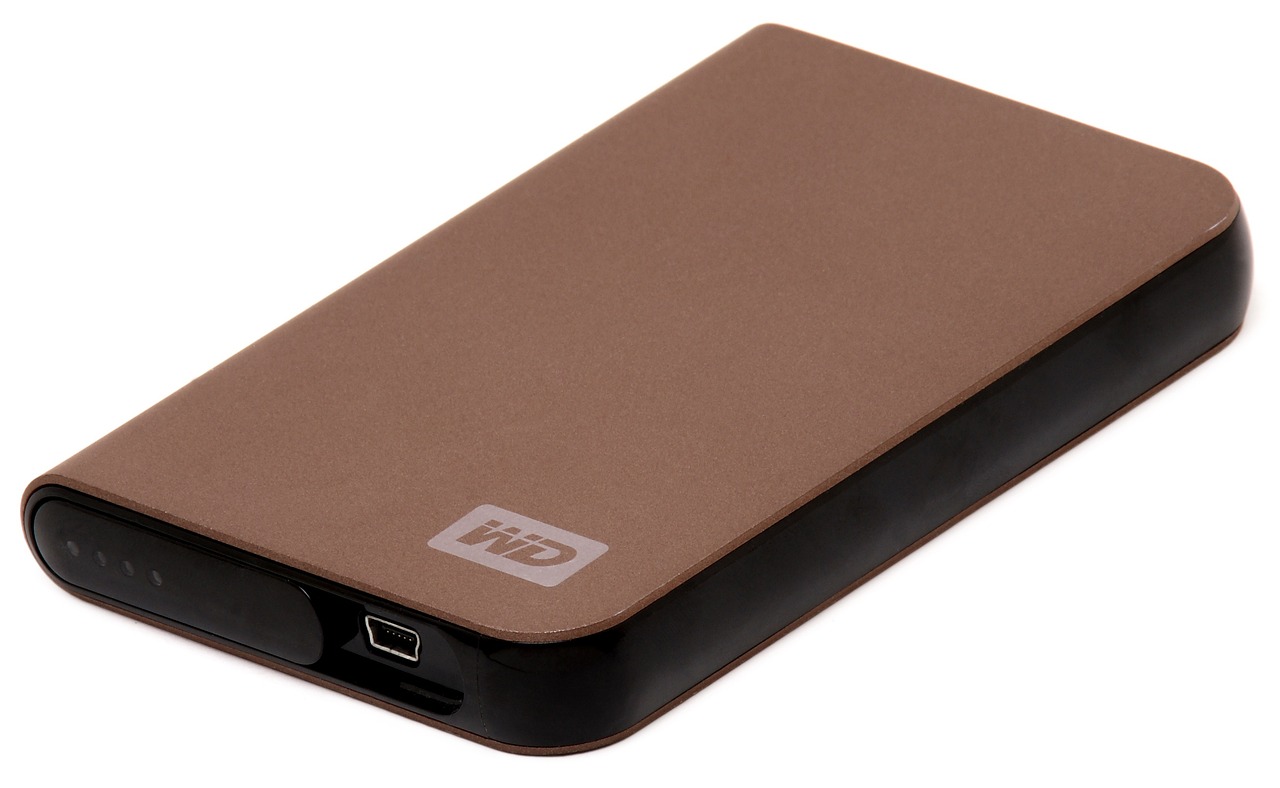So you’re in the market for a new computer and you’ve come across the option to upgrade to 64GB of RAM. But before you make a decision, you might be wondering, who really needs that much memory? In this article, we’ll explore the benefits of having 64GB of RAM and whether or not it’s worth it for the average user. Whether you’re a gaming enthusiast, a video editor, or someone who just loves to have multiple applications running at the same time, we’ll break down all the reasons why 64GB RAM might be a game-changer for you.
1. What is RAM?
1.1 Definition of RAM
RAM, or Random Access Memory, is a type of computer memory that is used to temporarily store data that the computer’s processor can access quickly. Unlike a computer’s storage drive, such as a hard disk or solid-state drive, RAM is volatile, meaning that its contents are lost when the computer is turned off or restarted.
1.2 Purpose of RAM
The purpose of RAM is to provide a fast and temporary storage space for data that the computer’s processor needs to access quickly. When you open a program or file, the necessary data is loaded from the storage drive into RAM so that the processor can quickly retrieve and work with it. Having more RAM allows the computer to store and access more data simultaneously, resulting in smoother multitasking and faster overall performance.
1.3 Types of RAM
There are several types of RAM available in the market, including DDR3, DDR4, and the upcoming DDR5. These types differ in their speed, power consumption, and physical characteristics. DDR4 is currently the most commonly used type of RAM, offering faster speeds and better power efficiency compared to its predecessors. Each type of RAM is designed to be compatible with specific motherboards, so it is essential to check for compatibility before purchasing.
2. Understanding RAM Capacity
2.1 RAM Capacity and System Performance
The capacity of RAM has a direct impact on a computer’s overall performance. Insufficient RAM can cause slowdowns, lag, and even system crashes when the computer runs out of memory. On the other hand, having more RAM does not necessarily guarantee better performance unless you have demanding tasks or applications that require a larger amount of memory.
2.2 Considerations for Choosing RAM Capacity
When deciding on the right RAM capacity, consider your specific needs and usage. For basic tasks like web browsing, word processing, and light multitasking, 8GB to 16GB of RAM is typically sufficient. However, if you frequently work with resource-intensive applications like video editing, 3D modeling, or virtual machines, opting for a higher RAM capacity can significantly improve your workflow and productivity.

This image is property of pixabay.com.
3. Different RAM Configurations
3.1 Common RAM Configurations
RAM configurations can vary depending on the number of RAM modules installed in a computer. Common configurations include single-channel, dual-channel, and quad-channel setups. These configurations determine the bandwidth and data transfer capabilities of the RAM, with dual-channel and quad-channel configurations offering increased performance compared to single-channel setups.
3.2 The 64GB RAM Configuration
The 64GB RAM configuration is a high-capacity setup that involves installing four 16GB RAM modules. This configuration is suitable for professionals and enthusiasts who engage in demanding tasks that require a large amount of memory. However, it is essential to ensure that the motherboard and operating system support 64GB RAM, as not all systems can handle this capacity.
4. Professionals in Need of 64GB RAM
4.1 Video Editors and Content Creators
Video editing and content creation often involve working with large files and complex projects that require significant amounts of memory. Video editing software, such as Adobe Premiere Pro or DaVinci Resolve, can benefit greatly from 64GB of RAM, allowing for smoother playback, faster rendering, and seamless multitasking between various editing tasks.
4.2 3D Modelers and Animators
3D modeling and animation software, such as Autodesk Maya or Blender, also require substantial amounts of RAM to handle complex geometries, textures, and rendering processes. 64GB of RAM allows 3D modelers and animators to work with larger scenes, apply higher resolutions, and speed up rendering times, resulting in more efficient workflows and quicker turnaround times.
4.3 Music Producers and DJs
Music production and DJing often involve running multiple software synthesizers, effects plugins, and virtual instruments simultaneously. These tasks can quickly consume a significant amount of RAM, especially when working with large audio projects or samples libraries. With 64GB of RAM, music producers and DJs can have a vast amount of samples and plugins loaded into memory, reducing the need for disk swapping and ensuring smooth playback during live performances or studio sessions.
4.4 Data Scientists and Researchers
Data scientists and researchers frequently work with large datasets and complex algorithms, requiring substantial computational power and memory capacity. 64GB of RAM allows for the efficient processing and analysis of big data, accelerating tasks such as machine learning, statistical analysis, and data visualization. With more RAM available, data scientists and researchers can perform their work more effectively, leading to faster insights and discoveries.
4.5 Virtualization and Server Environments
Virtualization and server environments often require substantial amounts of RAM to run multiple virtual machines simultaneously. Whether setting up a virtual lab for software testing or running multiple servers for hosting services, 64GB of RAM ensures optimal performance, minimizing latency and improving the responsiveness of virtualized systems.

This image is property of pixabay.com.
5. Benefits of 64GB RAM
5.1 Enhanced Multitasking and Productivity
With 64GB of RAM, you can seamlessly multitask between resource-intensive applications without experiencing slowdowns or performance bottlenecks. Whether you’re editing videos while running virtual machines or working on multiple complex projects simultaneously, the ample memory capacity ensures smooth transitions and efficient task switching, leading to increased productivity.
5.2 Higher Performance for Resource-intensive Tasks
Resource-intensive tasks, such as video rendering, 3D modeling, and scientific simulations, require a substantial amount of memory to hold and manipulate large datasets. With 64GB of RAM, these tasks can be completed faster and more efficiently, reducing rendering times, improving responsiveness, and allowing for complex calculations and simulations without sacrificing performance.
5.3 Future-proofing Your System
Investing in 64GB of RAM provides a level of future-proofing for your system. As software and applications continue to evolve and demand more resources, having a higher RAM capacity ensures your system can handle future updates and advancements without becoming outdated. It allows you to keep up with the latest technologies and software requirements, extending the lifespan and usability of your computer.
6. Gaming and 64GB RAM
6.1 RAM Requirements for Gaming
When it comes to gaming, the RAM requirements primarily depend on the specific games you play. Most modern games recommend 8GB to 16GB of RAM for optimal performance. However, some AAA games and those with high-resolution textures and complex graphics can benefit from having more RAM.
6.2 Potential Benefits of 64GB RAM in Gaming
While 64GB of RAM might be excessive for the average gamer, there are potential benefits for certain gaming scenarios. For instance, if you engage in content creation alongside gaming, such as livestreaming or recording game footage, having 64GB of RAM allows for smoother gameplay while running resource-intensive recording or streaming software in the background. Additionally, some advanced mods or heavily modded games may benefit from larger RAM capacities to handle the increased graphical and computational demands.

This image is property of pixabay.com.
7. Budget Considerations
7.1 Cost of 64GB RAM
The cost of 64GB RAM can vary depending on factors such as the type of RAM (e.g., DDR3, DDR4) and the brand. Generally, RAM prices tend to fluctuate, with older generations being more affordable than the latest models. As of the time of writing, the cost of a 64GB DDR4 RAM kit can range from $200 to $500 or more, depending on the specific specifications.
7.2 Cost-Effective Alternatives
If the cost of 64GB RAM is prohibitive, there are cost-effective alternatives to consider. For instance, starting with a lower RAM capacity, such as 16GB or 32GB, and upgrading in the future can be a more budget-friendly approach. Additionally, carefully considering your usage and requirements can help determine the minimum RAM capacity needed, avoiding unnecessary expenses.
8. Compatibility and Technical Considerations
8.1 Compatibility with Operating Systems and Hardware
Before purchasing 64GB RAM, it is crucial to ensure compatibility with your operating system and hardware. Verify that your motherboard supports the desired RAM capacity and type, and check the manufacturer’s specifications for any limitations. Additionally, ensure that your operating system supports the amount of RAM you plan to install, as some versions have limitations on the usable RAM capacity.
8.2 RAM Speed and Latency
RAM speed and latency can also impact system performance. Higher clock speeds and lower latency values result in faster data transfer and response times. When choosing 64GB RAM, consider the speed and latency specifications that best match your system requirements and budget. However, keep in mind that the performance gains from higher-speed RAM might be minimal in certain applications or use cases.
8.3 Overclocking and Thermal Considerations
If you plan to overclock your system or push your RAM beyond its default specifications, ensure that the chosen RAM kit supports overclocking features. Additionally, consider the thermal implications of increased RAM capacity and speed. Higher-capacity RAM modules and faster speeds can generate more heat, so ensure your system has proper cooling in place to prevent overheating.

9. Real-world Use Cases
9.1 Testimonials from Professionals
Professionals who have utilized 64GB RAM have praised its benefits across various industries. Video editors have reported smoother editing experiences, with faster rendering times and improved playback performance. 3D modelers and animators have seen significant enhancements in their productivity, allowing them to handle larger projects and render complex scenes quicker. Musicians and DJs have enjoyed seamless audio production and live performances with minimal latency and lag. Data scientists and researchers have witnessed accelerated data analysis and machine learning tasks. Additionally, professionals working with virtualization and server environments have experienced improved efficiency and response times.
9.2 Benchmarking and Performance Metrics
Various benchmarking tests and performance metrics have also indicated the advantages of 64GB RAM in specific scenarios. These tests, conducted across different industries and tasks, consistently demonstrate that increasing RAM capacity to 64GB can result in shorter rendering times, faster data analysis, and smoother multitasking. While the extent of performance gains may vary depending on the specific use case, the overall trend suggests that 64GB RAM can significantly enhance system performance in demanding applications.
10. Conclusion
While 64GB RAM may not be necessary for the average computer user, it offers substantial benefits for professionals and enthusiasts engaging in resource-intensive tasks. Industries such as video editing, 3D modeling, music production, data science, and virtualization can significantly benefit from the ample memory capacity provided by 64GB RAM. Enhanced multitasking, better performance, and future-proofing are among the many advantages of opting for 64GB RAM. However, budget considerations, compatibility, and technical requirements should be carefully evaluated before investing in this high-capacity RAM configuration.

